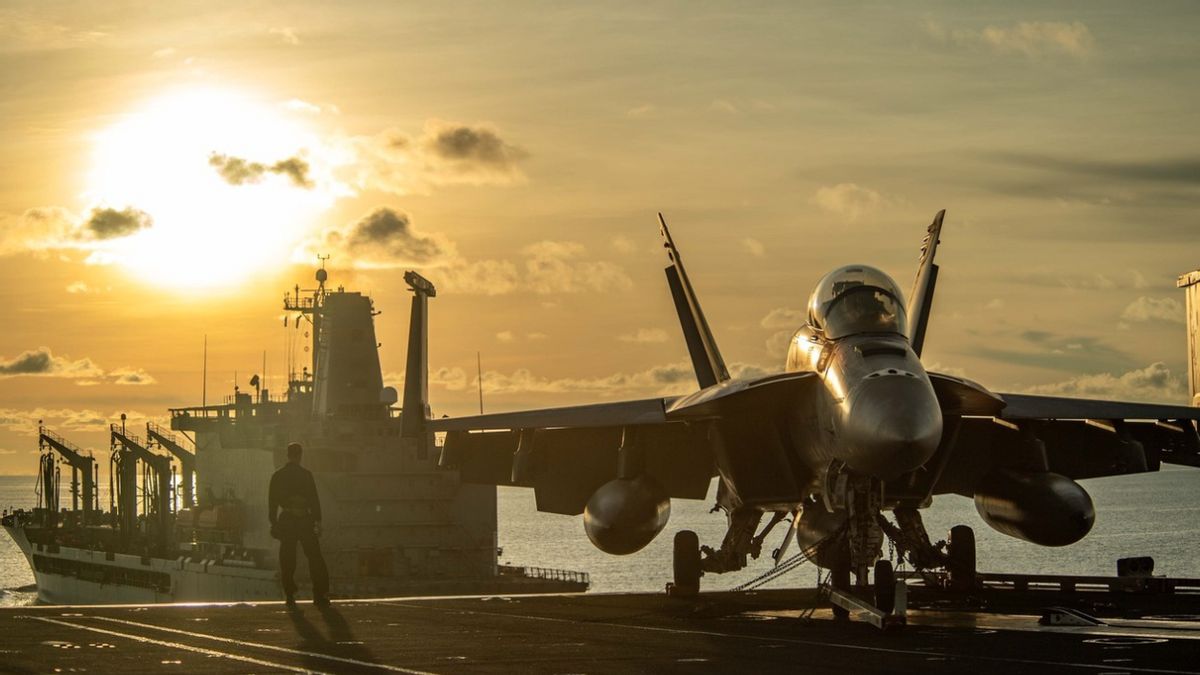JAKARTA - The United States (US) military intercepted several Russian and Chinese bombers in international airspace near the coast of Alaska.
Two Russian Tu-95 aircraft and two Chinese H-6 entered the Alaskan Air Defense Identification Zone (ADIZ), North American Aerospace Defense Command said Wednesday, July 24 evening local time.
The plane was detected, tracked and intercepted, said North American Aerospace Defense Command (NORAD). They remain in ADIZ Alaska and do not enter US airspace.
The bombers were intercepted by US F-16 and F-35 fighter jets, along with Canada's CF-18 and other supporting aircraft, a US defense official confirmed to CBS News.
The official said the incident marked the first time Russian and Chinese aircraft had jointly entered the Alaskan ADIZ, and the first time China's H-6 violated Alaskan limits.
Although ADIZ Alaska is considered part of international airspace, ADIZ is defined as an area where US sovereign airspace ends, but it requires ready-to-use identification of all aircraft for national security purposes, according to NORAD.
"The activities of Russian and Chinese bombers are not seen as a threat," NORAD said.
In February, the US detected four Russian warplanes flying in ADIZ Alaska, as did other Russian military aircraft in May 2023.
Meanwhile, in February 2023, Russian warplanes were intercepted there twice a week. In the same month, Chinese spy balloons were detected near Alaska before finally crossing the US continent and were shot down off the coast of South Carolina.
SEE ALSO:
Military activity by the US, Canada, Russia, and China also increased in the Arctic. A few days ago, Moscow said it was deploying fighter jets to intercept two US military long-range bombers approaching Russia's border over the Barents Sea in the Arctic.
Russia stepped up military operations in the Arctic Circle, including advanced hypersonic missile tests.
Earlier this month, Canada's Ministry of Defense said it plans to buy 12 new submarines capable of traveling under the sea of ice to increase the defense of the country's vast Arctic coastal region.
Meanwhile, China is expanding its own underwater fleet, and Russian submarines continue to gather intelligence information in Arctic waters, the Canadian defense ministry said.
The English, Chinese, Japanese, Arabic, and French versions are automatically generated by the AI. So there may still be inaccuracies in translating, please always see Indonesian as our main language. (system supported by DigitalSiber.id)


















